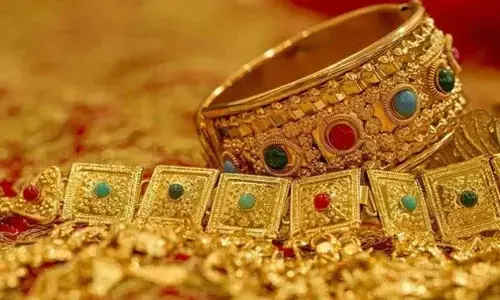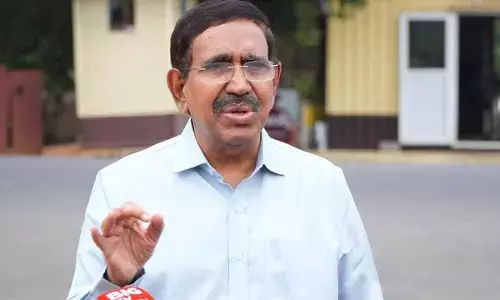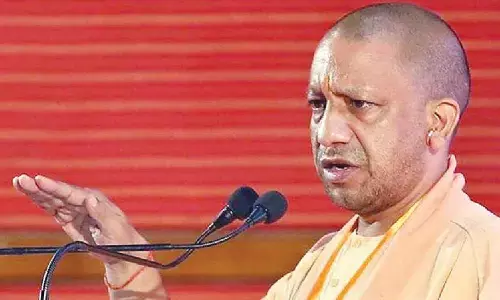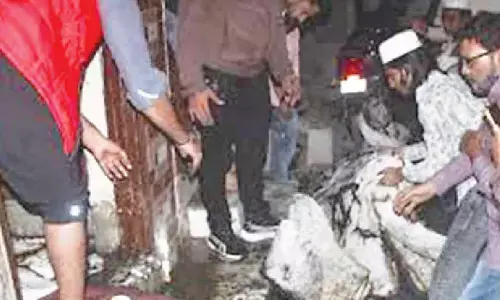The highs and lows of illicit liquor
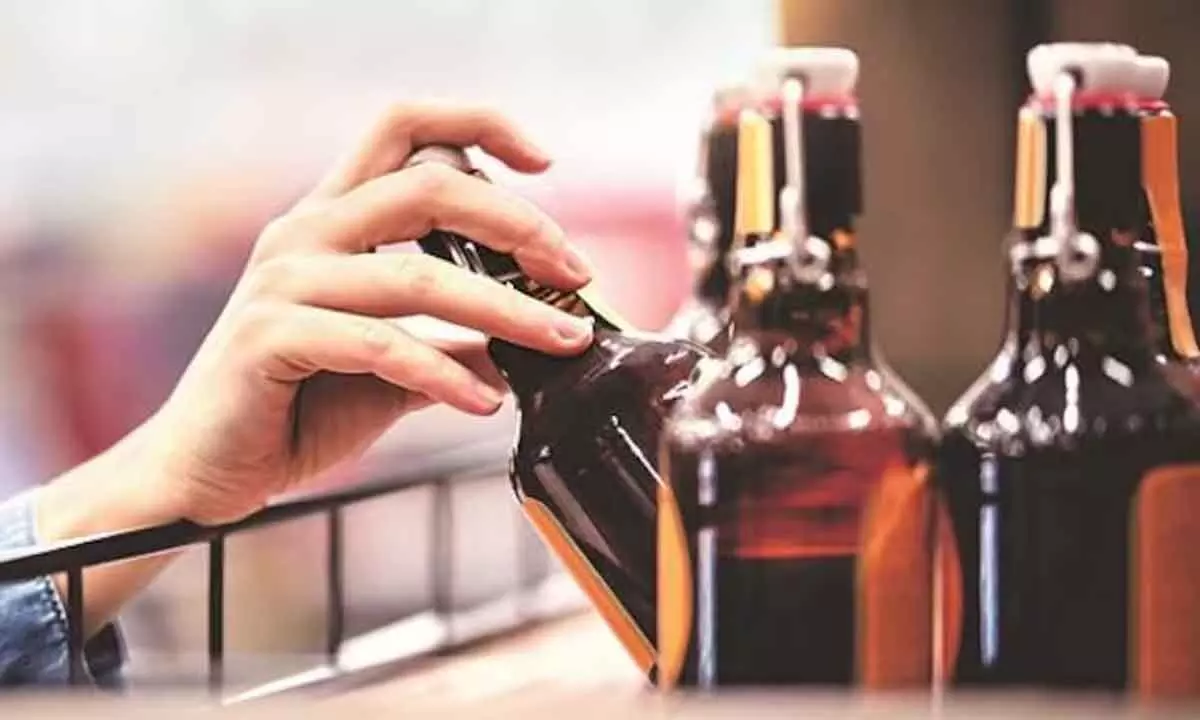
164 booze lovers who decided to take the illicit route to get a new ‘high’ have touched miserable depths of melancholy in Tamil Nadu. As per PTI, Chief Minister M K Stalin, replying to call attention motions on the Kallakurichi hooch tragedy said in the State Assembly earlier in the day that out of the total 164 affected persons, 117 are receiving treatment as in-patients in various hospitals and 47 died.
Arrack, which is banned in the State has never been unavailable if reports that have come in are to be believed. In Tamil Nadu, as the allegation goes, the duplicate stuff has enjoyed pride of place alongside the original in many state-run TASMAC liquor vends, easily among the most profitable government-backed bodies. Availability of multiple brands which are within reach of the hoi polloi too has not been a major issue who are often seen bracing up as early as 9 am in the morning to pick up their quota of ‘poison’. In this case, it is evident that the dangerous desire to experiment with fatal chemical mixing of liquor and consuming it subsequently has led to this disaster.
What has been perplexing is that despite a constant campaign by activists and Opposition leaders warning the government to rein in the ever-increasing alcohol consumption trend in the State, the public at large seemed oblivious and worse, indifferent. Consuming illicit stuff is something which is a typical activity in areas where liquor is banned. Here, with shops selling various brands open for nearly 12 hours, a section of Bacchus lovers seemed to have taken a deadlier path to ruin.
The rising clamour for punishing the guilty, pointing fingers at unholy nexus between political leaders and the police in this regard are all the usual counterattacks indulged in by anti-DMK groups.
What is worthy to examine is not just why such tragedies happen. It also means that everyone concerned should plug the loopholes in the system which is at best lenient and highly adaptable to various pulls and pressures exerted by powerful lobbies, who are only focused on improving their profit margins and factoring in the ‘speed money’ which has to be paid for getting it done.
The most worrisome issue is also how liquor consumption has come to be accepted in mainstream society as a ‘social evil’ over the years in the State, which had prohibition imposed till the Congress ruled it till 1967.
As political history reveals, it is the Dravida Munnetra Kazhagam, which is credited with introducing liquor into Tamil Nadu, even as the then Congress veteran and former CM, C Rajagopalachari is reported to have pleaded with the Dravidian leadership to desist from doing so.
It might not have been possible in real life politics, yet the rapidity with which the State reaped the benefits of liquor trade is now known to all. Setting politics aside, what is expected of Stalin and his cabinet is a firm set of moves which would come up with comprehensive solutions to control, if not totally curb such adulterated stuff from killing the local population.



